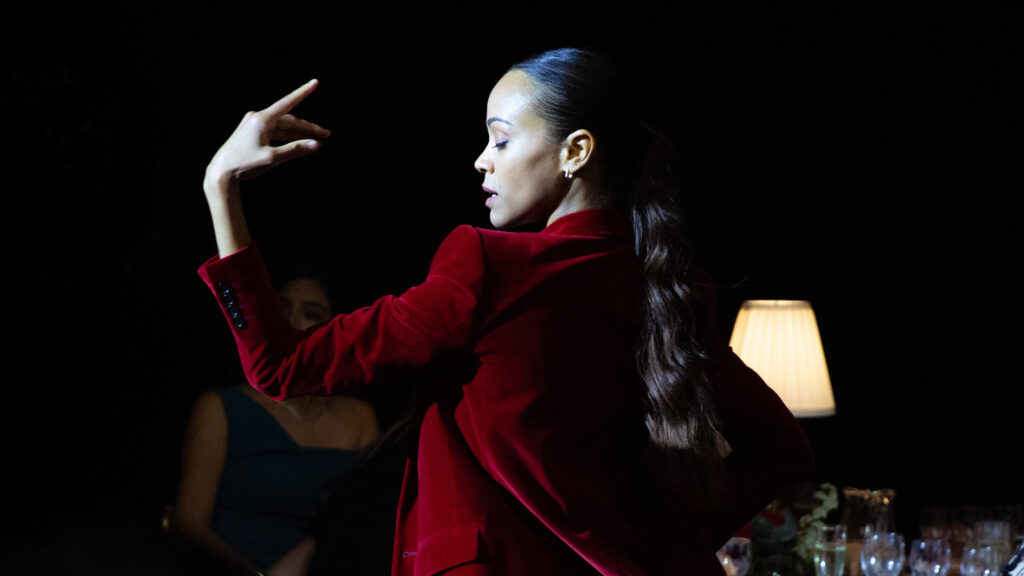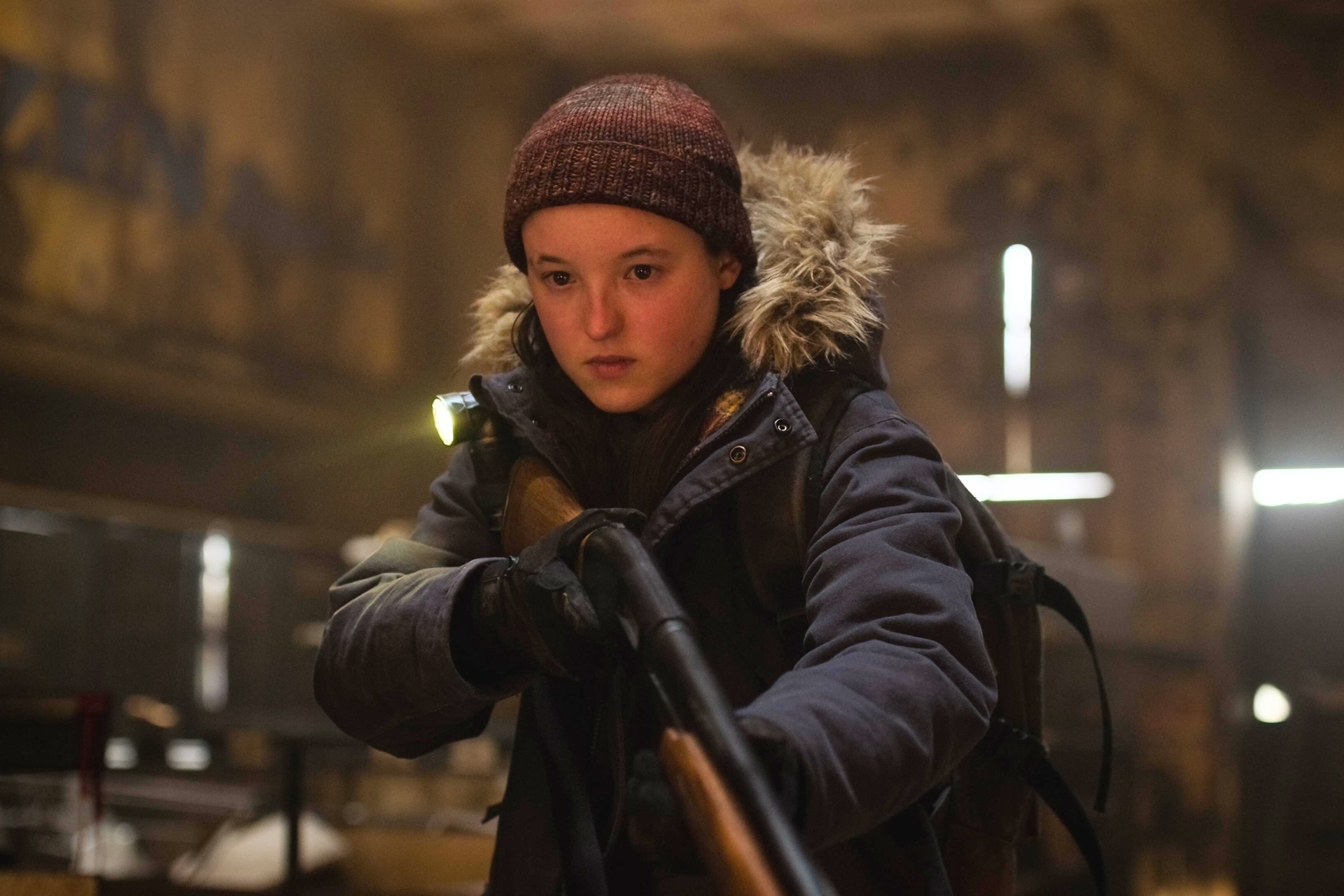Why are the Oscars so bad at picking good films?
With a number of the most nominated films garnering controversy while critically acclaimed projects have been snubbed, we have to wonder how an academy of leading industry figures charged with deciding the year’s best films can so frequently get it wrong

THE DEBATE OVER which film should win the Oscar for Best Picture this year has been fiercer than usual. This is partially due to the fact that in the absence of a critically acclaimed and commercially successful juggernaut like Oppenheimer to collect most of the major awards, a number of contenders are in play. The only problem is this: a number of the frontrunners have found themselves in completely separate quagmires of controversy.
Two of the leading contenders for Best Picture and most of the major categories this year – The Brutalist and Emilia Pérez – are under fire. The Brutalist has faced criticism for its relatively minor but nonetheless industry-shaking use of AI, raising questions of artistic integrity. Despite this, the three-and-a-half-hour epic period drama has received rave reviews from both critics and audiences. It currently has an 8.1/10 average rating on IMDB, a 4.1/5 on Letterboxd, and a score of 90 percent on Rotten Tomatoes. It appears, in spite of the controversy surrounding it, to be a good film.
In contrast, The Brutalist’s main rival, Emilia Pérez, does not.
Emilia Pérez follows a Mexican cartel leader who enlists a lawyer to help them disappear and transition to a woman. It’s a hybrid musical–thriller/gangster–comedy, which makes its ascendance to Oscar darling status rather baffling, due to the infamously stiff upper lips and traditionalist views of voters.
What makes it even more surprising is that Emilia Pérez has not been well received. Like, at all. It currently has an abysmal 25 percent audience score on Rotten Tomatoes, a middling 6.1/10 rating on IMDB, and a 2.3/5 average on Letterboxd.
Critics have also been vocal about their distaste for the film. The Guardian’s Peter Bradshaw says it’s “the weakest nominee”, Slate proclaimed it “one of the worst movies of the year” and “offensive on multiple levels”, while Autostraddle was more colourful, calling it “the most unique cis nonsense you’ll ever see”. We’re certain that you’ve also witnessed one of the film’s more bizarre musical numbers becoming a meme and viral TikTok sound.
@queerwhattowatch ‘Emilia Pérez’ (2024) A cartel leader enlists a lawyer to help fake her death so that she can finally live authentically as her true self. #emiliaperez #lgbtqcinema #lgbtfilm #lgbtcinema #lgbtqmovies #lgbtmovies #lgbtqfilms #selenagomez #zoesaldana #karlasofiagascon ♬ original sound – Queer Cinema: what to watch
Emilia Pérez hasn’t been free from controversy, either. The lack of involvement from a Mexican cast and crew as well as the film’s portrayals of trans people and the nation of Mexico have been widely slammed, with French director Jacques Audiard even apologising to Mexican viewers after early screenings caused outrage across the nation in which the film is set. It also emerged that AI cloning was used to enhance the singing voice of lead actress Karla Sofía Gascón, so it won’t gain any moral ground on The Brutalist in that regard.
For its one saving grace, Emilia Pérez does at least carry a feel-good factor. The film’s lead, Karla Sofía Gascón, was nominated for Best Actress, has become the first openly transgender actor to receive an Oscar nomination. It’s a long-overdue distinction that comes at a time when the United States’ new president is promising to roll back trans rights. If Gascón were to win Best Actress, it would be a landmark moment in Oscars history.
But is this enough for the Academy’s groupthink to overlook Emilia Pérez’s many controversies and the fact that it is, by almost all accounts, not a very good film? With 13 nominations – a record for a foreign film – is Emilia Pérez destined to sweep? If history is any indication, the answer is most likely yes, because, well, this has happened before.

You don’t need to cast your memory back very far to see that this isn’t the first time a subpar film has been popular with the Academy. Just last year, Maestro scored a Best Picture nomination and nearly netted Bradley Cooper a Best Actor victory. Cooper’s performance was commendable, but the consensus on the film was that it was agonisingly dull, while failing to hone in on any one area of focus and display some substance. Filmspeak.net called it an “empty spectacle”.
Another deeply unpopular Best Picture winner came within the last decade, when Green Book took home the top gong in 2019. While the film achieved moderate critical success, it had a very vocal group of detractors who dominated much of the online discourse. Based on the true story of an African-American pianist and his white bodyguard who travel across the Deep South and form an unlikely bond, it was quickly branded as a textbook example of a white saviour complex, with benign racial themes that fail to go beneath the surface level. It was the kind of film that likely would’ve swept the 1985 Oscars, but in 2019, it felt like a product of the past. Spike Lee was the film’s biggest hater, attempting to leave the Dolby Theatre after Green Book was announced as the Best Picture winner.
The Oscars’ most hated Best Picture winner is, without a doubt, Crash. The 2004 film is an unsubtle analysis of race relations in Los Angeles and was released at a time when the world was still reeling from 9/11. It appealed to the good intentions of voters with an overly sentimental plot, but ultimately it was – as The Guardian wrote at the time – “full of heart but devoid of life”. Crash was not a terrible film, but by winning in a year that Brokeback Mountain was widely expected to claim Best Picture, it sent a message that Hollywood was willing to be socially progressive, just not too progressive. If it had won in any other year, Crash would’ve likely been forgotten to history like so many other Best Picture winners. But in defeating Brokeback Mountain, it unwittingly committed a cardinal sin.
It is easy to say in hindsight that the Academy got these Best Picture choices very wrong, as the passage of time will inevitably make any film seem like a product of a bygone age, but let’s not forget that criticism already existed for these films before their nominations. So, in the face of overwhelming opinions to the contrary, why does the Academy keep selecting bad films as the year’s best? Are they seeing something we’re not? Or, are they not seeing something we are?

Film is art, and there is no objectivity in art. But of course, there are some years where it feels like a certain film objectively deserves to win Best Picture and nothing can stop it from doing so – take Oppenheimer in 2024 and Everything, Everywhere, All At Once in 2023 for example. In these instances, it was easy for voters to throw their support behind the film everyone else is voting for (the groupthink is real). In years where there is not a clear frontrunner – like this one – votes are split.
Right now, it looks like The Brutalist, Emilia Pérez, Conclave and Anora all have a shot at taking out Best Picture – but none of them are head and shoulders above the rest. In these circumstances, some voters with no clear favourite might favour a feel-good narrative over some bleaker contenders. Emilia Pérez is a much more broadly appealing choice than the nearly four hour-long The Brutalist, and nothing clouds judgement like sentimentalism.
So Emilia Pérez fits the feel-good bill, but why hasn’t another, better, contender emerged? Was this just a bad year for movies?
Not at all. There’s just some types of films the Academy doesn’t like. If you want my top pick for Best Picture, it’s Dune: Part Two, the most acclaimed film of the year according to all the biggest review aggregators, but it’s unlikely to win anything other than some minor awards.
In Dune’s case, the Academy’s well-known aversion to sci-fi and the fact that it was released way back in March of 2024 will likely rule it out of contention. The same applies for The Substance, as body-horror has not been the most palatable genre for voters historically – note that this will likely not rule out Demi Moore from winning Best Actress, as by suddenly emerging as an Oscar contender after nearly four decades in the film industry, her story carries its own feel-good factor.
Perhaps the film that has been most hard done by the Oscars’ distaste for certain genres is Challengers, however. The frenzied, overtly horny tennis romp failed to score a single nomination, proving to be too far left for voters without carrying a completely redemptive, feel-good factor like Emilia Pérez.
Ultimately, we must remember that despite all the prestige we attribute to them, the Oscars voters are not the highest arbiters of good taste. They aren’t even critics. Best Picture is the only award that all members of the Academy vote on, meaning everyone from A-list actors and big-name directors to sound technicians, costume designers and hairstylists have a say in who wins. These aren’t high-brow critics who will all appreciate a low-budget marathon film like The Brutalist, as much as they will a crowd-pleaser like Emilia Pérez. So perhaps the real question isn’t why the Oscars are so bad at picking good films, but why we continue to care so much.

Related:
Who decides who gets an Oscar?




















